KXL Issues for Local Police
Mississippi River Basin
|
NEW ESRI StoryMaps: What's On Our Shelves & NWNL Song Library & No Water No Life ESRI |
Mississippi River Basin
Rachel Kohlman
O’Neill Police Officer and Page & Ewing Chief of Police
Alison M. Jones
NWNL Director and Photographer
After Jeanne Crumly took NWNL on a tour of her family’s farm, we had lunch at a nearby café, called Kountry Korner Café. While there, we serendipitously met the local police officer – a friend to all in this small community. Officer Kohlman addressed issues that would concern her if KXL does lay its KXL Pipeline in this region.
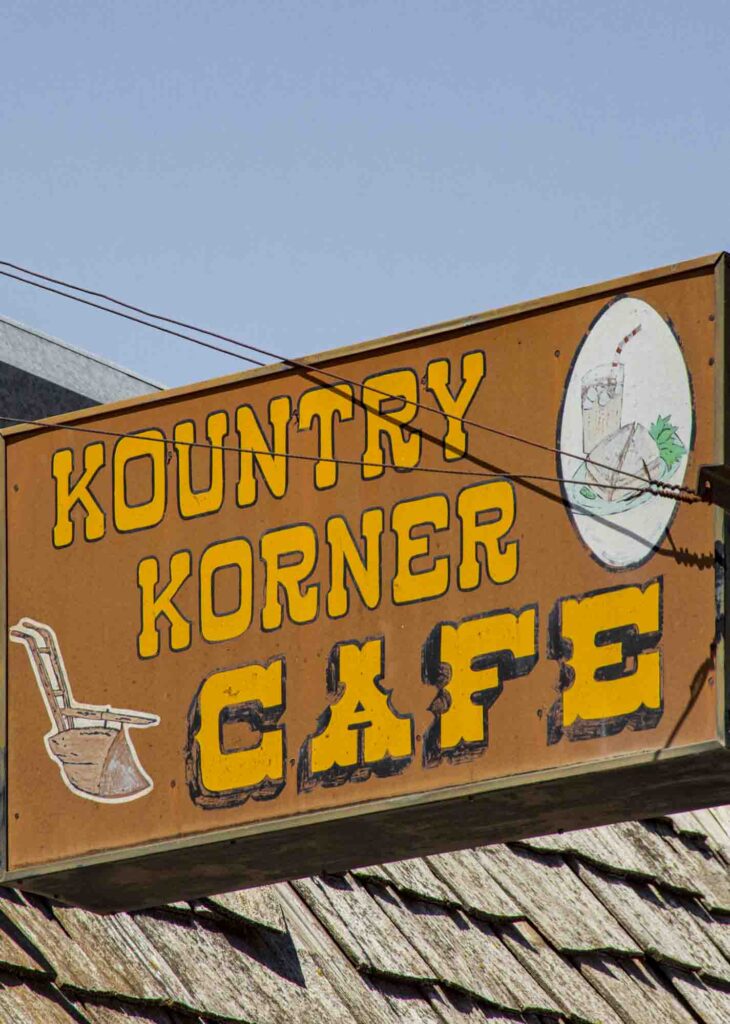
COMMUNITY CONCERNS
POTENTIAL SAFETY CONCERNS
TRANSCANADA’S RESPONSIBILITIES
Key Quote Here, 98% of the population is involved in agriculture; and 95% of the traffic is ag-related labor. — Rachel Kohlman
All images © Alison M. Jones, unless otherwise noted. All rights reserved.
NWNL Rachel, I’m glad to meet you here and learn more about this Nebraska community through your eyes as an alert and involved officer in both O’Neill, Page and Ewing, Nebraska.
NWNL What are your thoughts about the Keystone XL Pipeline proposal?
RACHEL KOHLMAN First, it’s an honor to be a police officer in these communities. Regarding the Keystone XL, it’s only been a short span of time in which they’ve looked at building a pipeline through here. It might bring money into the community; but my big concern is – at what cost to our people – our farmers and ranchers down the line? I feel it’s very important that our farmers and ranchers have something for our next generation. I may not be on the farm anymore, but there’s still a strong passion for them in my heart and soul.
As law enforcement officers, we try to remain neutral and do our job to enforce those laws for our community, city and state. Our community is primarily based on agriculture. Our people are primarily farmers and ranchers. So, when we have something that challenges them, it’s hard not feel very passionate about the issue.
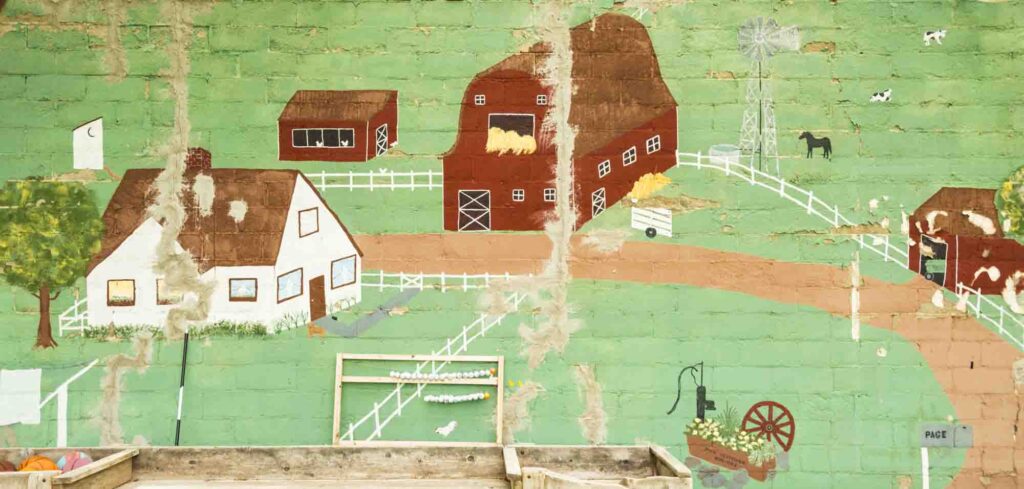
NWNL How might Keystone XL activities affect you as a policewoman during those four months of construction? What kind of disruption would you anticipate and how can you be prepared?
RACHEL KOHLMAN We are in a rural area, with 7 full-time officers with the city of O’Neill and 6 full-time officers with our county. We don’t have any other extra manpower backup, except a few state patrolmen who live in this area – but they’re not always on duty. We normally have 2 officers on per shift. When the ethanol plant was built nearby in Atkinson, we took people to jail every night. It’s small jail that can hold about 20 people.
The Keystone folks say there won’t be a lot of issues, and they will handle things that might occur. Do we know that for sure? I don’t know that, personally. Our chiefs and our sheriff have investigated this quite a bit. But when you bring in 1,400 people, you can’t tell me that there’s not going to be a problem somewhere during this time. We hope for the best and prepare for the worst. That’s just how it is. I don’t say they’re all bad people that come through here. They’re doing a job like everybody else. But there could be some potential problems that come with it.
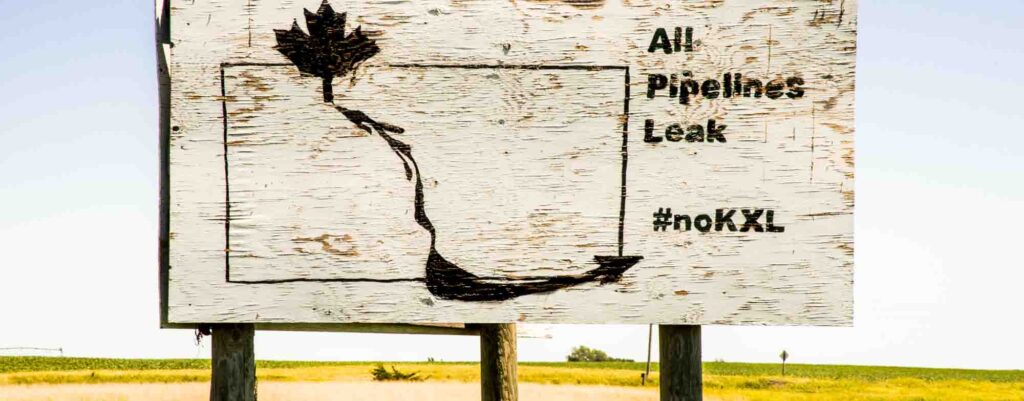
NWNL It seems your concerns apply up and down the whole length of their route – from your South Dakota border to the KXL pumping station in Steele City on your Kansas border.
RACHEL KOHLMAN Yes, everywhere the pipeline would run. It’s not just about the issue of the Canadian KXL people coming in. What if there’s an accident while they’re building this pipeline? Out here in the rural communities, transport time is an issue. Page has one ambulance. If we have a major incident there, where can we contract from? How long will it take?
When the windmills went up, they had their own medical staff onboard. But they also worked very closely with us, and we ran regular drills when those went up. I don’t see how the pipeline’s going to do that. If they were to come through here, they’d only be here for about 4 weeks.
We also must consider the stress and strain that it puts on our local volunteers. All our fire departments are volunteer. There could a major incident with injuries. We have some great rural hospitals. But how will they handle that extra strain and stress? There are many different aspects to consider beyond the land issues.
Yes, it’s good money and income for our community businesses, because KXL will buy groceries and such in town – but only for a short amount of time.
But our focus is here on our farmers and ranchers and people here year ‘round – day in, day out, contributing to these communities for years. They support our activities, our athletic fields and our businesses. They support those kids. They create scholarships. Our community members that have been here for years are the ones giving true support to our communities.
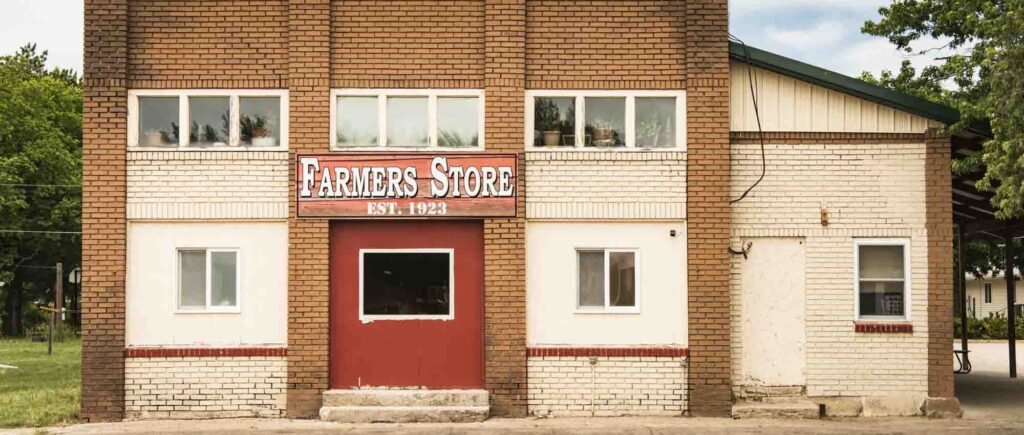
NWNL Has anybody asked TransCanada if they’d supplement the police force, hospital or fire department for being prepared for all possible kinds of out of the ordinary emergencies?
RACHEL KOHLMAN Well, that’s above my pay grade since I’m just a line officer, but I’m sure they do that for other communities they go through. I know from the Windmill Project, they worked with us, did training and provided some money. I’m just an officer, and I have no idea how TransCanada works. But I would think that would be discussed down the line.
NWNL It seems people who have already faced this situation have learned from previous pipeline protests and fights to get in on the ground early in the game to address these possible scenarios. They’ve learned to not wait until outside workmen arrive to arrange for extra medical and police help. They establish their terms early on.
RACHEL KOHLMAN Yes. Much has changed in law enforcement since I started 9 years ago. But as law enforcement officers, we believe it’s better to be prepared than unprepared. So, yes, it’s important to think of those security aspects early. And, thinking long term, if KXL were to be approved, what happens if people still protesting decide to do something to the actual pipeline? Quite frankly, I’m more in support of our farmers and ranchers of the area.
NWNL I know you are on duty now, so I appreciate your time. Thank you and best of luck.
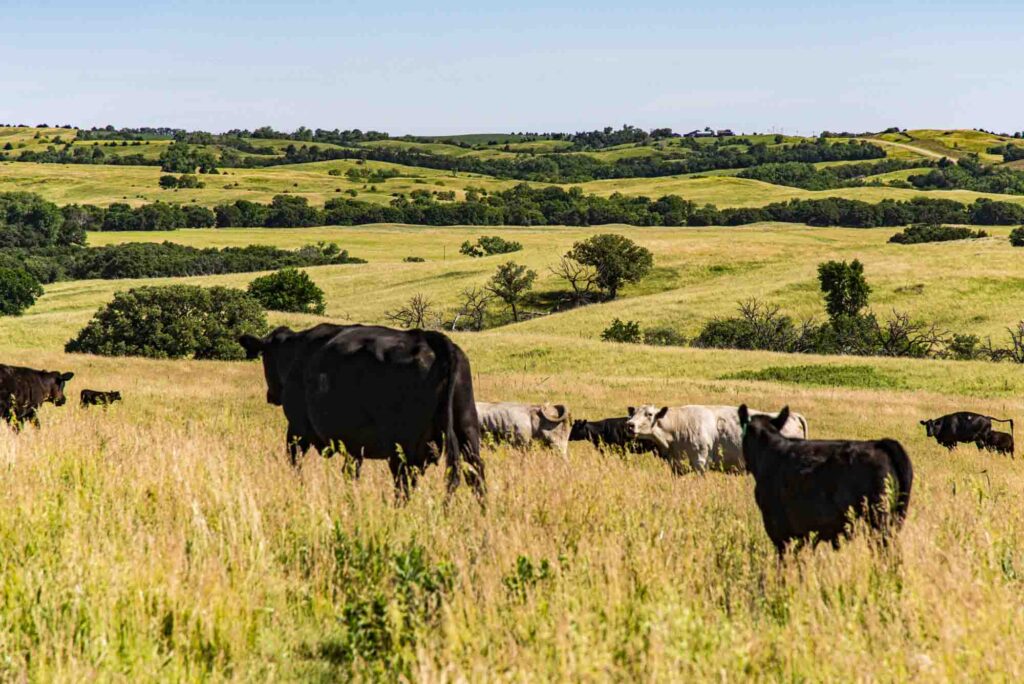
Posted by NWNL on February 5, 2024.
Transcription edited and condensed for clarity by Alison M. Jones.
All images © Alison M. Jones, unless otherwise noted. All rights reserved.
